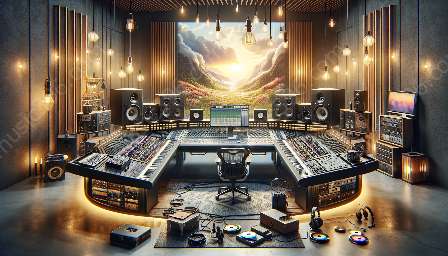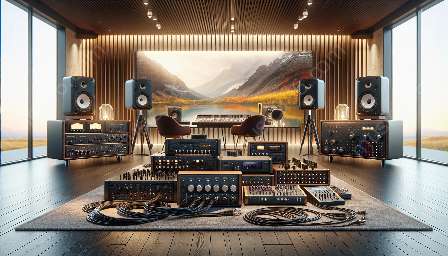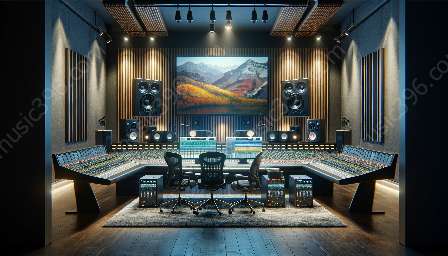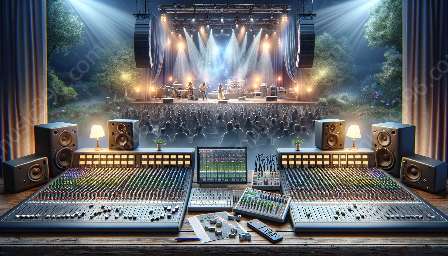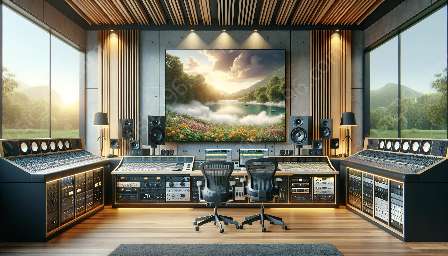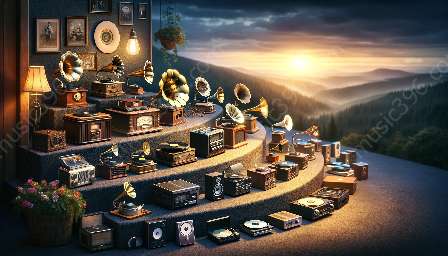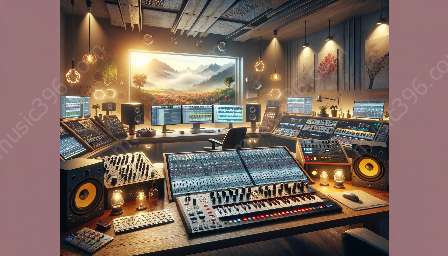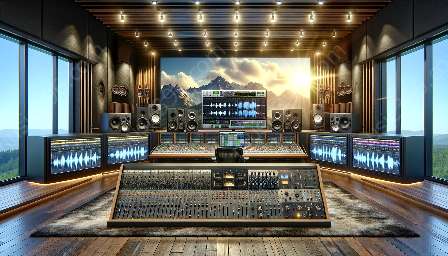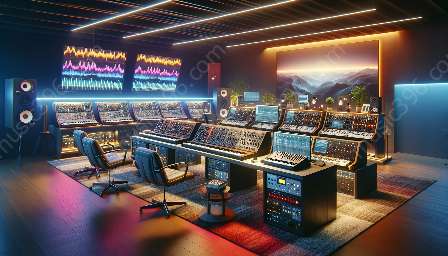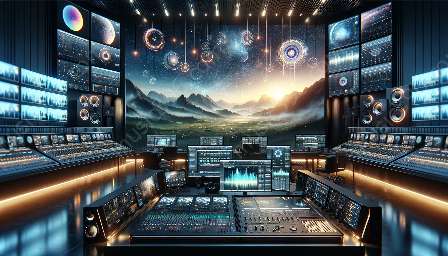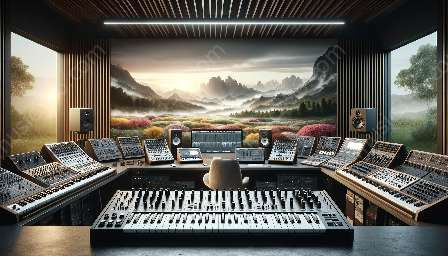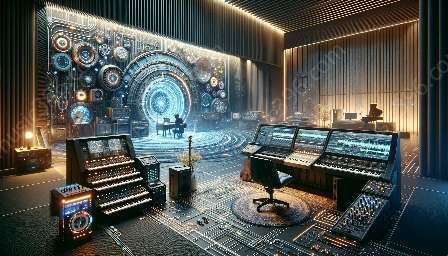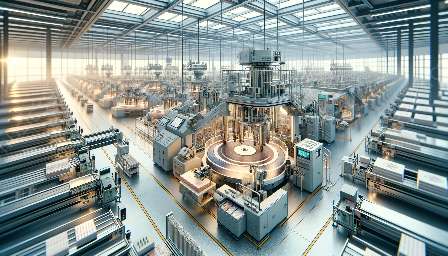Live sound production has undergone significant changes due to advancements in digital audio recording technology. Today, digital audio recording not only influences the way live performances are captured, but also plays a crucial role in the creation of CD and audio productions. This article explores how digital audio recording impacts live sound production and its influence on the CD & audio industry.
Digital Audio Recording Technology
Digital audio recording technology has revolutionized the live sound production landscape. In the past, analog tape recordings were the primary method for capturing live performances. However, with the advent of digital recording, the process has become more efficient, convenient, and high-fidelity.
One of the key features of digital audio recording is its ability to capture, store, and reproduce audio in a precise and pristine manner. This has empowered sound engineers and producers to manipulate and enhance live recordings with unparalleled flexibility, leading to a significant improvement in the overall sound quality.
Improved Sound Quality
One of the most significant impacts of digital audio recording on live sound production is the remarkable improvement in sound quality. Digital recording systems offer higher fidelity and clarity, capturing the nuances of live performances with exceptional detail. This enhanced fidelity has elevated the listening experience for both live audiences and those enjoying recorded audio.
Furthermore, digital recording allows for post-production techniques such as noise reduction, equalization, and dynamic range manipulation, enabling sound engineers to refine the live sound and address any imperfections that may have occurred during the performance. As a result, the final audio product delivers a more polished and professional representation of the live event.
Enhanced Workflow and Flexibility
Another significant impact of digital audio recording on live sound production is the enhanced workflow and flexibility it offers. Digital recording allows for non-linear editing, enabling sound engineers to manipulate recorded audio without being constrained by the limitations of analog tape. This flexibility facilitates precise editing, seamless arrangement, and effortless integration of multiple takes, resulting in a streamlined production process.
Moreover, digital audio workstations (DAWs) provide a wide array of tools and plugins that empower sound engineers to sculpt the sound of live recordings with unprecedented control. From advanced mixing and mastering capabilities to real-time effects processing, digital recording technology opens up a world of creative possibilities, allowing sound engineers to shape the live sound in innovative ways.
Live Sound Reinforcement
In addition to its impact on recording live performances, digital audio technology has transformed live sound reinforcement. The integration of digital mixing consoles, signal processors, and amplifiers has revolutionized the way live sound is mixed, processed, and distributed to the audience. Digital mixing consoles offer extensive routing options, powerful processing capabilities, and intuitive control surfaces, empowering live sound engineers to achieve optimal sonic results with precision and efficiency.
Furthermore, digital signal processing tools, such as equalizers, compressors, and reverbs, enable live sound engineers to sculpt the sound of live performances in real-time, addressing acoustic challenges and enhancing the listening experience for the audience. The seamless integration of digital audio technology in live sound reinforcement has elevated the sonic quality and consistency of live events, setting new standards for live sound production.
Impact on CD and Audio Productions
Beyond live sound production, digital audio recording has significantly influenced the creation of CD and audio productions. The transition from analog to digital recording has empowered artists, producers, and recording engineers to explore creative possibilities and achieve sonic excellence in studio environments. Digital recording technology has enabled the production of high-fidelity audio that captivates listeners and sets new benchmarks for audio quality.
Moreover, the proliferation of digital audio distribution platforms, streaming services, and online music stores has transformed the way consumers access and experience recorded music. Digital audio recordings can now reach global audiences with unprecedented ease, offering immersive listening experiences that transcend physical boundaries.
Conclusion
The impact of digital audio recording on live sound production is undeniable, as it has redefined the way live performances are captured, enhanced, and distributed. From elevated sound quality and enhanced workflow to its influence on CD and audio productions, digital audio recording technology continues to shape the future of live sound production, setting new standards for sonic excellence.

